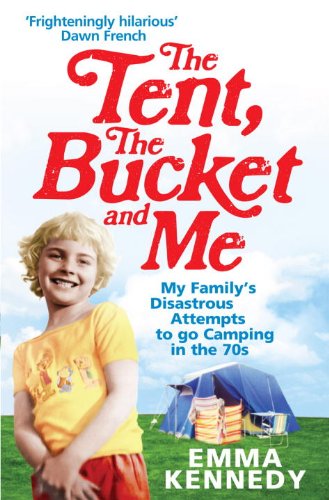The Tale of Desperaux – Di Collofello
Very sweet. Not exceptionally good, though, and with an underlying sort of morality which bothered me. Since I rather like rats I objected to the description of them being so nasty to look at and touch (especially in comparison with mice, which are, apparently, not nasty at all), but I can understand how it might be necessary for the story. However, I can’t quite excuse the idea that a rat is a rat and can never change his nature, it smacks – to me – a little of the I’m-trying-to-be-politically-correct-but-I’m-a-racist-really premise that all, say, negroes are lazy, but it’s in their nature and they can’t really help it. Balderdash.
Small Wars Permitting – Christina Lamb
Very interesting, highly readable. My father just finished this when I was trying to get through Sorting Out Billy (see below) and there was no competition, really, I jumped at the chance to read something else. Lamb manages to be both informative, profound and thought-provoking and at the same time laugh-out-loud funny in places. The book contains both newly written context material and quite a few of Lambs articles from various papers and both are equally readable and absorbing. Highly recommended.
Then, a bit of a Durrell reread going on – in between all the other stuff – if I find the time and energy I might write a more detailed post on Durrell, but for now, here’s a list:
The Bafut Beagles – Gerald Durrell
Fillets of Plaice – Gerald Durrell
The Stationary Ark – Gerald Durrell
A Zoo in my Luggage – Gerald Durrell
Catch me a Colobus – Gerald Durrell
The Dunken Forest – Gerald Durrell
Himself and Other Animals – David Hughes (biography)
Sorting Out Billy – Jo Brand
I read only the first half, or thereabouts and then gave it up in disgust. Abysmally bad, actually.
The Book of Lost Things – John Connolly
Entertaining, slightly scary in parts. Well worth the time.
Anybody Out There? – Marian Keyes
Excellent. I was a little worried, not being a great fan of spiritualism and trying to speak to the dead, however, Keyes managed the issue beautifully, I think, and I didn’t cringe even once.
Slam – Nick Hornby
Hornby’s first «young adult» novel, which probably should be compulsory reading for most British teenagers as a sort of literary contraception. Not Hornby’s best book – by far – from an adult point of view, but then that’s hardly the right point of view for judging it.
American Gods – Neil Gaiman
Superb.
A Ramble Round the Globe – Thomas Dewar
Disappointingly unoccupied with whisky or with advertising, the two main reasons I am interested in Tommy Dewar, but a rather interesting read nonetheless.
The Life and Times of the Thunderbolt Kid – Bill Bryson
Just what you’d expect from Bill Bryson: Very good.
 The Tent, the Bucket and Me was an obvious buy when I found it in London a year and a half ago. For some reason it’s been languishing on a shelf since then, until it grabbed my attention when I was looking for a book to bring on the aforementioned long weekend in Dublin. It turned out to be a good and a bad choice.
The Tent, the Bucket and Me was an obvious buy when I found it in London a year and a half ago. For some reason it’s been languishing on a shelf since then, until it grabbed my attention when I was looking for a book to bring on the aforementioned long weekend in Dublin. It turned out to be a good and a bad choice.